Optimal Timing for Storm Restorations
Understanding the optimal timing for storm restorations is crucial for ensuring property resilience and minimizing damage. The most effective period for undertaking storm restoration projects typically aligns with seasons when weather conditions are more predictable and less severe, allowing for safer and more thorough repairs.
This period often sees increased storm activity, making it an ideal time to address damages promptly after storms occur to prevent further deterioration.
Post-storm inspections and repairs during these months can help prepare properties for winter weather and mitigate potential storm impacts.
Planning and scheduling storm restorations during calmer months ensures readiness and availability of resources when storms are forecasted.
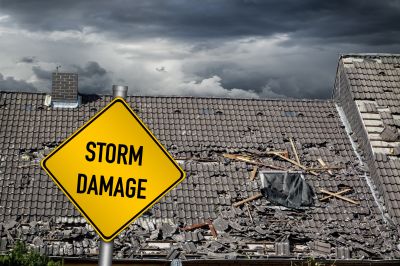
Assessing storm damage promptly is essential for effective restoration planning.

Restoration projects underway during optimal seasons ensure timely completion.

Properly timed restorations can restore properties to their original condition.
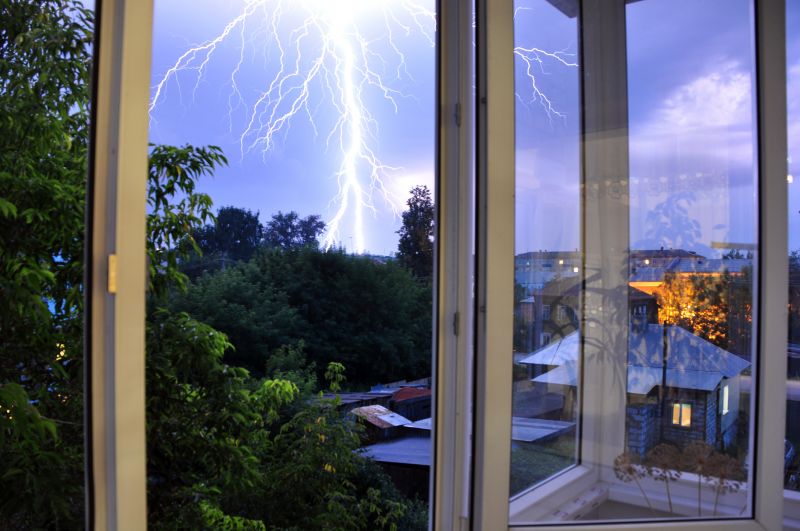
Ways to make Storm Restorations work in tight or awkward layouts.
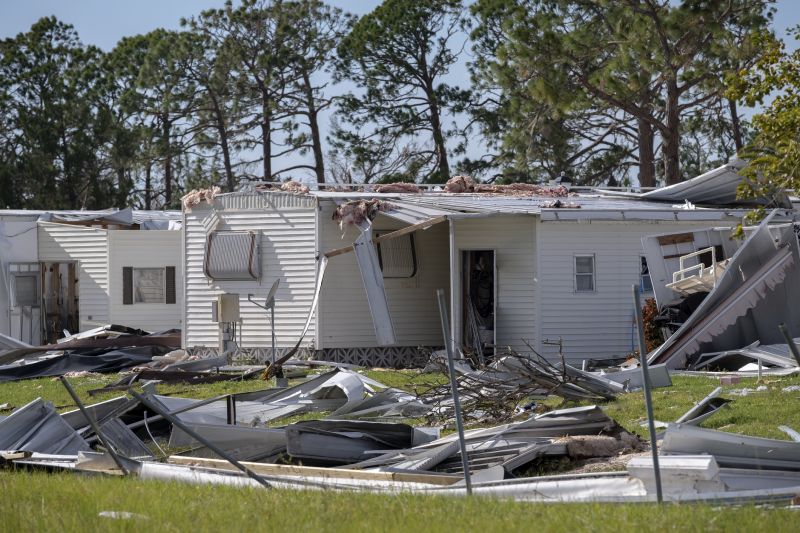
Popular materials for Storm Restorations and why they hold up over time.

Simple add-ons that improve Storm Restorations without blowing the budget.
| Season | Optimal Activities |
|---|---|
| Spring | Inspection, minor repairs, storm preparedness planning |
| Summer | Major repairs, storm damage assessments, preventative measures |
| Fall | Final repairs, winter storm readiness, property fortification |
| Winter | Limited restoration work, planning for upcoming storm seasons |
Storm restorations are vital for maintaining the integrity of properties exposed to severe weather conditions. Timely repairs can prevent further damage, reduce repair costs, and improve safety. Proper planning and execution during the appropriate seasons maximize the effectiveness of restoration efforts and ensure properties are better prepared for future storms.
Statistics indicate that storm-related damages account for significant property repair costs annually. Addressing storm damage promptly, especially during optimal seasons, can significantly reduce long-term expenses and improve structural resilience.
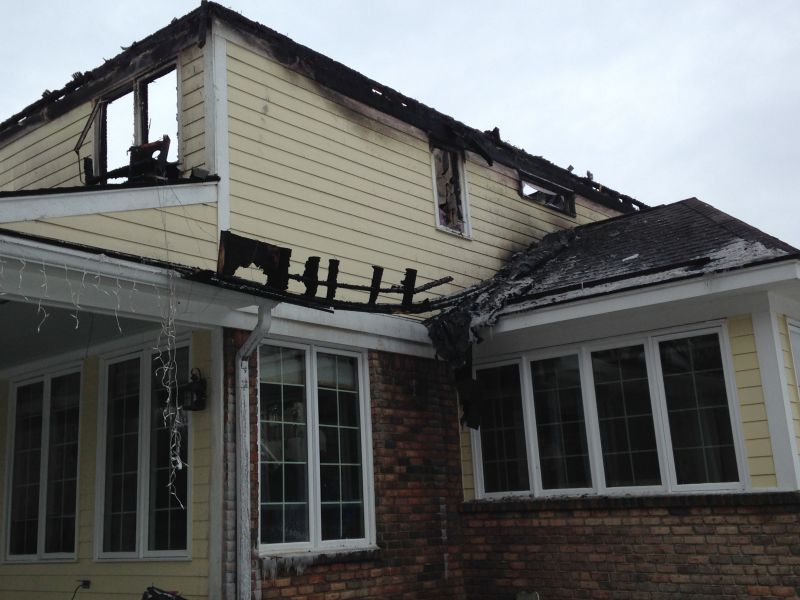
Roof repairs are often urgent after storm events to prevent leaks and structural issues.
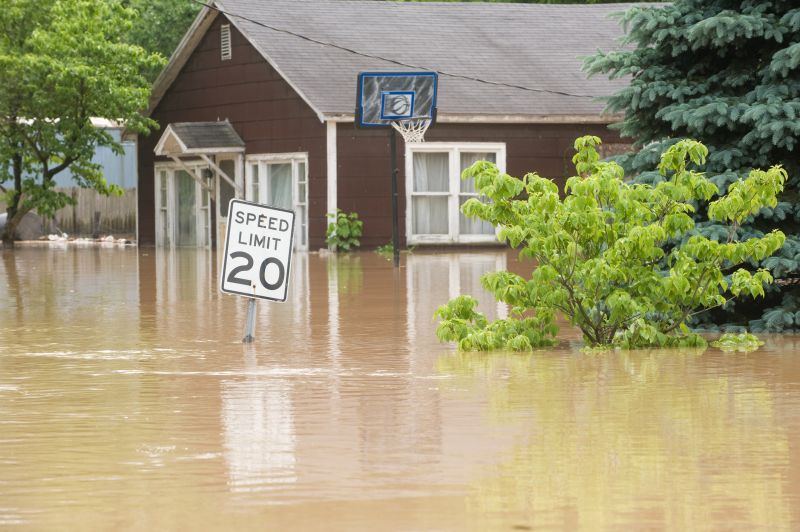
Flood restoration can be most effective when addressed soon after water recedes.
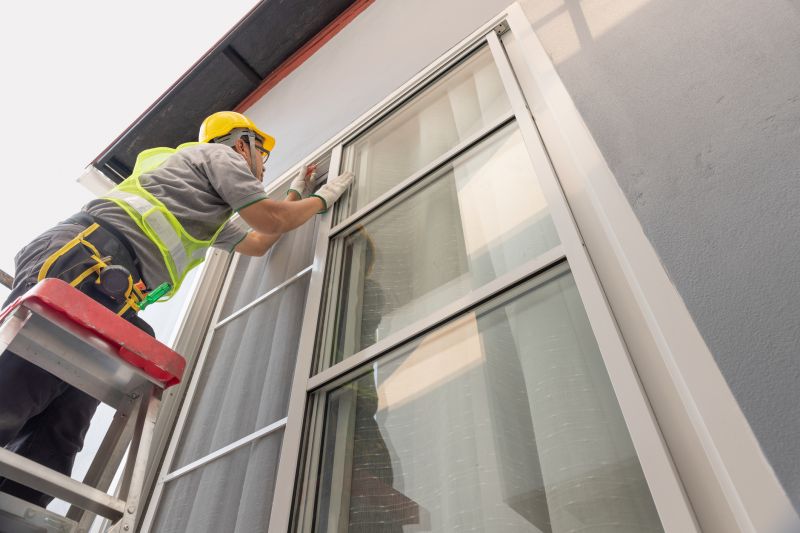
Window repairs or replacements are critical for property security and insulation.
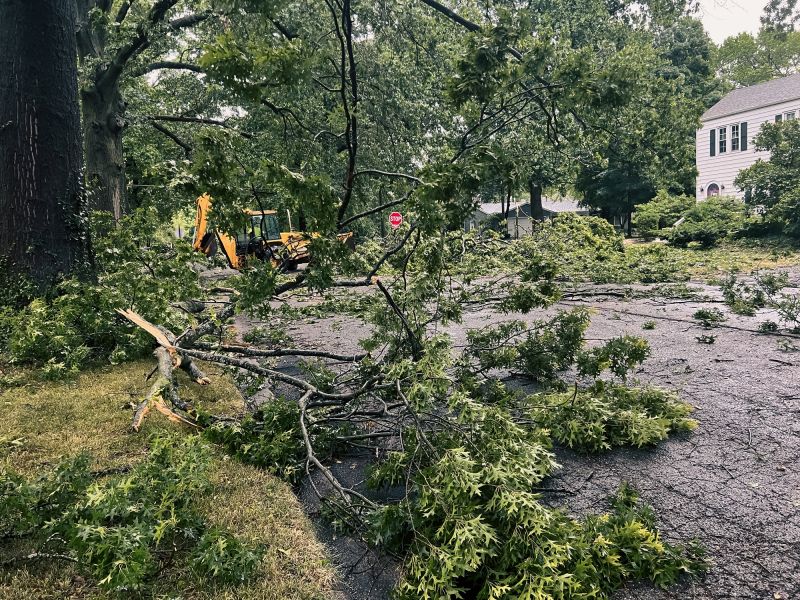
Clearing storm debris is a necessary step before repairs can begin.

High-end options that actually feel worth it for Storm Restorations.

Finishes and colors that play nicely with Storm Restorations.
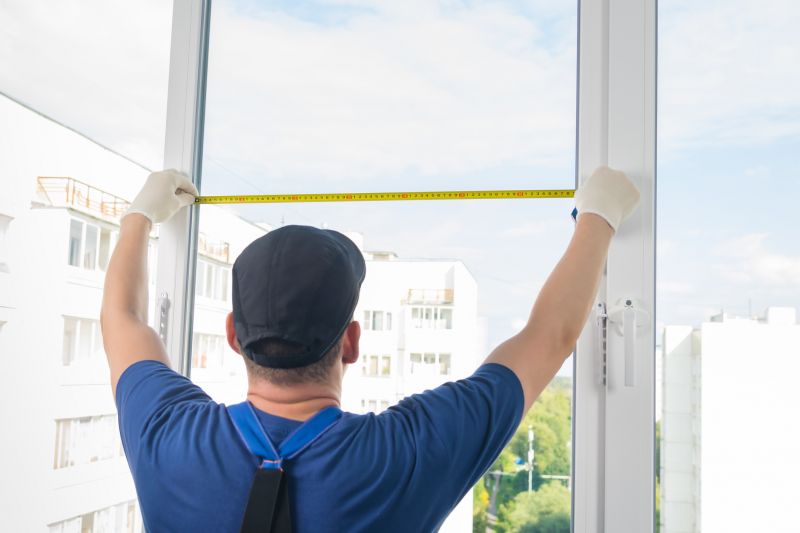
Little measurements that prevent headaches on Storm Restorations day.
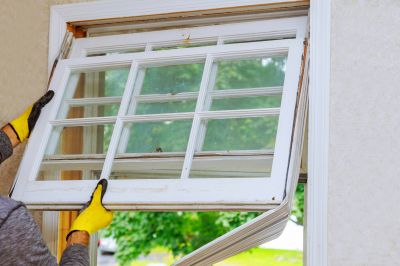
A 60-second routine that keeps Storm Restorations looking new.
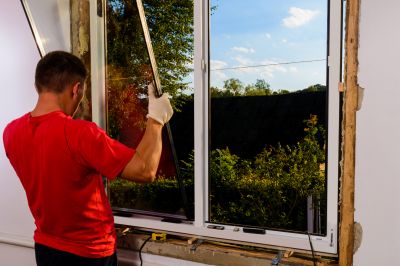
A frequent mistake in Storm Restorations and how to dodge it.

Small tweaks to make Storm Restorations safer and easier to use.

Lower-waste or water-saving choices for Storm Restorations.

The short, realistic tool list for quality Storm Restorations.
Individuals seeking to undertake storm restorations are encouraged to contact professionals for comprehensive assessments and tailored repair plans. Proper timing and expert execution ensure properties are restored efficiently and effectively, minimizing future risks.
